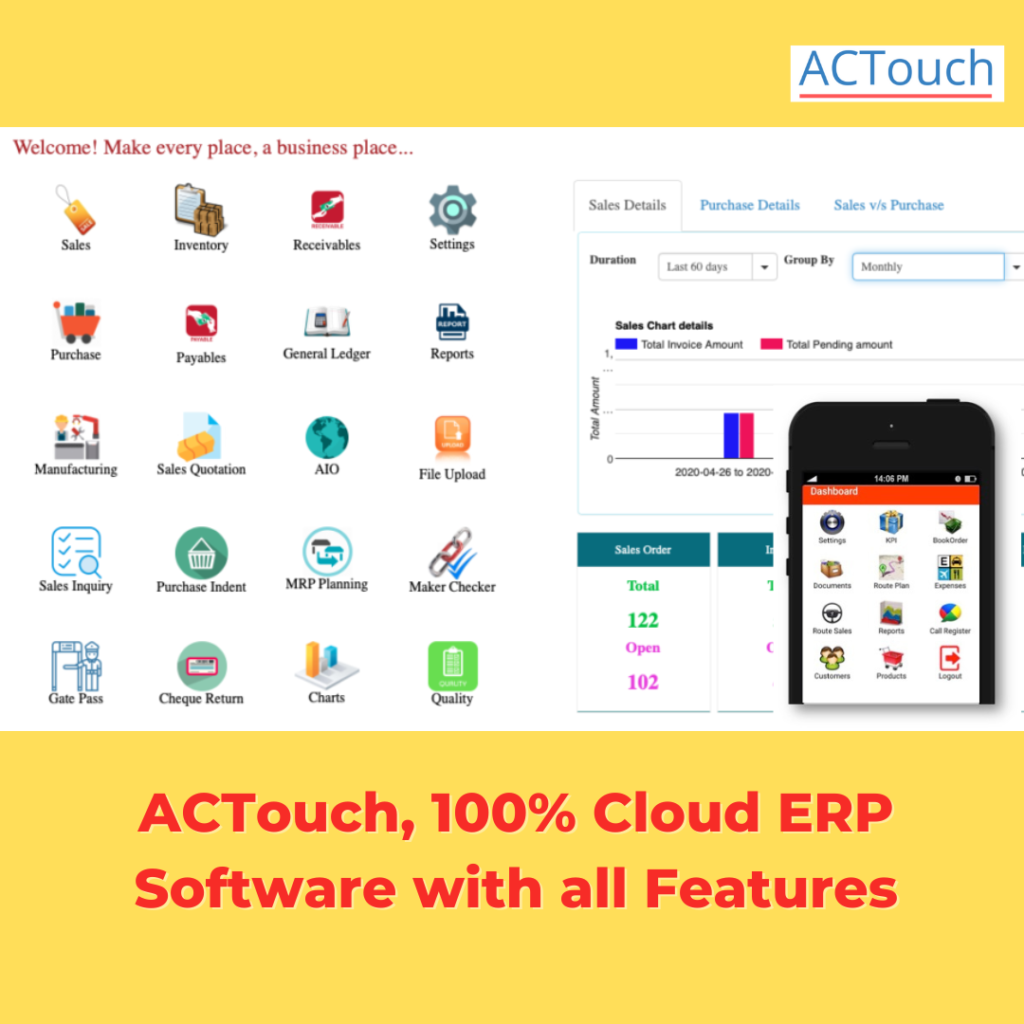What are Payment Terms?
One of the cornerstones of successful trade is the establishment of clear and advantageous Payment Terms. These terms govern the timing and method of payment between buyers and sellers, ensuring a smooth flow of funds and fostering strong business relationships.
In this article, we explore the ins and outs of Payment Terms, shedding light on their significance, creation, and benefits for businesses engaged in buying and selling.
What are Payment Terms?
Payment Terms, in essence, outline the agreed-upon conditions and deadlines for the settlement of payments between parties engaged in a transaction. These terms govern the when, how, and under what circumstances payments are to be made, facilitating transparency and predictability in financial exchanges.
Why You Need Payment Terms When You Buy or Sell?
Payment Terms play a pivotal role in minimizing ambiguity and mitigating risks in business transactions. When buying or selling, Payment Terms provide a framework that defines the expectations of both parties, reducing the likelihood of disputes and ensuring a fair and efficient exchange of goods and services.
Payment Terms Definition in Invoicing
In the realm of invoicing, Payment Terms serve as a crucial component. They are clearly stipulated on the invoice, specifying the due date for payment, any available discounts for early settlement, and the consequences of late payment. Payment Terms in invoicing act as a guiding beacon, facilitating timely and accurate payments.
Payment Terms Definition in Purchase
When purchasing goods or services, Payment Terms guide the buyer on how and when payments should be made to the supplier. These terms encompass details such as payment methods, installment options, and the time frame for settling invoices.
Having clear Payment Terms in purchasing ensures a structured and organized approach to settling financial obligations.
How Do You Give Payment Terms?
Offering Payment Terms involves defining the specific conditions that align with the needs of your business and industry standards. These may include specifying the due date, indicating any available discounts or penalties, and outlining acceptable payment methods.
How Do You Write Terms and Conditions for Payments?
Writing terms and conditions for payments requires a comprehensive yet concise approach. Specify the due date, payment methods, any late payment charges, and consequences of non-compliance. It’s essential to ensure that your terms and conditions are transparent, fair, and comply with legal regulations.
|
How Creating Proper Payment Terms Helps Business?
Creating well-crafted Payment Terms yields several benefits for businesses:
- Predictable Cash Flow: Clearly defined Payment Terms ensure a consistent and predictable inflow of funds, supporting better cash flow management.
- Relationship Building: Fair and transparent Payment Terms contribute to building trust and fostering enduring business relationships.
- Minimized Payment Delays: Explicit terms discourage late payments, reducing the likelihood of disruptions to your business operations.
- Operational Efficiency: Efficient Payment Terms streamline financial processes, saving time and resources.
Major Types of Payment Terms
- Net 30/60/90: Payment due within 30, 60, or 90 days from the invoice date.
- Cash on Delivery (COD): Payment made at the time of product delivery.
- Advance Payment: Full or partial payment made before goods or services are provided.
- Installment Payments: Payment divided into multiple installments over an agreed-upon period.
- Discounts: Incentives for early payment, such as “2/10, Net 30” (2% discount if paid within 10 days, otherwise due in 30 days).
FAQ on Payment Terms
1. What is Payment terms and Conditions?
Payment terms and conditions refer to the agreed-upon conditions that dictate when and how payments will be made in a business transaction. These terms outline the timeline for settling financial obligations, including due dates, accepted payment methods, and any discounts or penalties associated with early or late payments. Payment terms play a crucial role in fostering transparent and efficient financial exchanges between parties.
2. What are Standard payment terms?
Standard payment terms are commonly used and widely accepted conditions that govern payment timelines in business transactions. While they can vary by industry and business type, a common example is “Net 30,” which means payment is due within 30 days from the date of the invoice. Other standard terms include “Net 60” and “Net 90,” indicating payment due within 60 or 90 days, respectively.
3. What is the payment method policy?
The payment method policy outlines the accepted methods of payment that a business allows for settling invoices or making purchases. This policy clarifies whether payments can be made through methods such as credit cards, electronic funds transfers (EFT), checks, or other electronic payment platforms. It ensures consistency and clarity in financial transactions.
4. What is payment terms vs method?
Payment terms refer to the specific conditions dictating when payments are due, while payment methods refer to the ways in which payments can be made. Payment terms focus on timeframes, discounts, and penalties, while payment methods encompass the tools and channels used to transfer funds, such as credit cards, bank transfers, or checks.
5. What are payment terms in PO?
Payment terms in a Purchase Order (PO) outline the expectations for payment in a procurement transaction. These terms detail when and how the buyer should make payments to the seller for goods or services. Payment terms in a PO often mirror those in the broader business agreement between the parties.
6. What is payment types?
Payment types refer to the various categories or methods of payment available for settling financial transactions. Common payment types include cash payments, credit card payments, bank transfers, electronic wallets, and checks. Each payment type has its advantages and considerations, depending on the specific needs and preferences of the parties involved.
7. What are 3 different payment methods?
Three different payment methods are:
- Credit Card Payments: Customers pay using their credit cards, offering convenience and security.
- Bank Transfers (ACH or EFT): Funds are electronically transferred from the customer’s bank account to the seller’s account.
- Check Payments: Customers issue physical or electronic checks, which the seller then processes for payment.
8. What is LC in sales?
LC stands for “Letter of Credit,” a financial instrument used in international trade. In sales, an LC is a written commitment from a buyer’s bank to pay the seller a specified amount of money upon the presentation of certain documents and compliance with the terms and conditions set in the LC. LCs provide security and assurance to both buyers and sellers in cross-border transactions.
9. Who sets payment terms?
Payment terms are typically negotiated and agreed upon between the parties involved in a transaction. These terms can be set by mutual agreement, influenced by industry standards, market practices, and business considerations. Both buyers and sellers have a vested interest in establishing payment terms that are fair, manageable, and conducive to successful financial exchanges.
10. Payment Terms Examples
Payment terms refer to the conditions and timeline under which a buyer is expected to make payment to a seller for goods or services rendered. Here are some common payment term examples:
- Net 30: Payment is due within 30 days from the invoice date.
- Net 60: Payment is due within 60 days from the invoice date.
- 2/10 Net 30: A 2% discount is offered if payment is made within 10 days; otherwise, full payment is due within 30 days.
- Cash on Delivery (COD): Payment is made upon delivery of goods.
- Advance Payment: Payment is made in advance before goods or services are provided.
- Payment on Receipt: Payment is made upon receipt of the goods, often used in retail or e-commerce.
- Letter of Credit (L/C): Payment is guaranteed by a bank upon presentation of required documents.
- PayPal or Credit Card: Payment is made using online payment platforms or credit cards.
- Installments: Payment is divided into multiple installments over a specified period.
- Deferred Payment: Payment is postponed to a later date, often after a grace period.
11. What Are the Payment Terms on an Invoice:
Payment terms on an invoice outline the agreed-upon conditions for when and how payment should be made for the goods or services provided. They include details such as due date, any discounts offered for early payment, and any penalties for late payment.
For example, if an invoice states “Net 30,” it means the full payment is due within 30 days from the invoice date. If it says “2/10 Net 30,” a 2% discount is available if paid within 10 days, but the full amount is due within 30 days.
12. What Are Payment Terms?
Payment terms are the specified conditions under which a buyer agrees to make payment to a seller for goods or services received. These terms outline when payment is due, any available discounts or incentives for early payment, and any consequences for late or delayed payment.
Payment terms are important for managing cash flow, maintaining good relationships between buyers and sellers, and ensuring that financial transactions are conducted smoothly and transparently.
13. What is Terms of Payment?
Terms of payment refer to the contractual conditions that define how payment will be made between parties engaged in a transaction. These terms encompass various aspects, including the timing of payment, any available discounts, methods of payment, and consequences for non-compliance.
Clear terms of payment help prevent misunderstandings, establish expectations, and promote trust and fairness in business transactions.
14. What Are Quotation Payment Terms?
Quotation payment terms are the specific conditions under which a seller proposes payment for the goods or services listed in a quotation or estimate. These terms outline how the buyer is expected to make payment if they choose to proceed with the purchase.
Quotation payment terms might include details such as the payment due date, any applicable discounts, deposit requirements, and payment methods accepted by the seller.
15. Accounting Payment Terms List?
In accounting, payment terms are crucial for tracking and managing accounts receivable and accounts payable. Common accounting payment terms include:
- Net 15: Payment is due within 15 days from the invoice date.
- Net 30: Payment is due within 30 days from the invoice date.
- Net 60: Payment is due within 60 days from the invoice date.
- EOM (End of Month): Payment is due at the end of the calendar month.
- COD (Cash on Delivery): Payment is made upon delivery of goods.
- Advance Payment: Payment is made in advance before goods or services are provided.
- Credit Card or PayPal: Payment is made using credit card or online payment platforms.
- Deferred Payment: Payment is postponed to a later date, often after a grace period.
These terms are used to ensure accurate recording of financial transactions and timely management of cash flow within an organization.
In the intricate web of business transactions, Payment Terms stand as a beacon of clarity and orderliness. By understanding and implementing effective Payment Terms, businesses can streamline financial exchanges, nurture trust, and pave the way for enduring success in the ever-evolving marketplace. Whether in invoicing or purchasing, crafting and adhering to well-defined Payment Terms is a cornerstone of prosperous trade.


